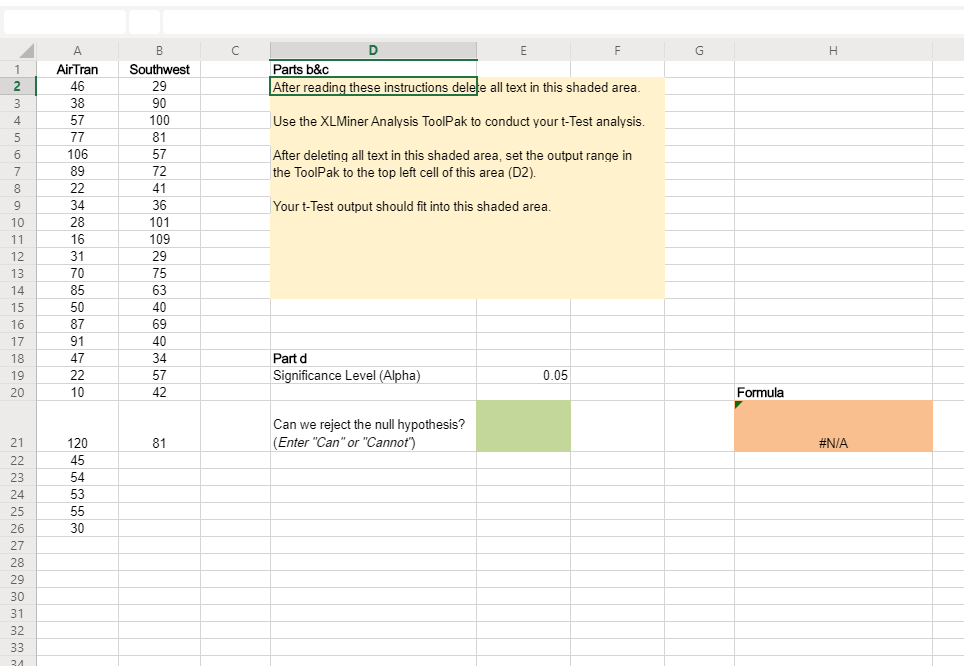

Also, the matrix must be symmetric: If row 2, column 1 contains 0.8, then row 1, column 2 must also contain 0.8. Note that a correlation matrix must always have 1’s on the diagonal, because a variable is always perfectly correlated with itself. In practice, one usually uses coefficients less than +1 or -1, and uses 0 only in a correlation matrix that defines relationships among several variables.

The value of a product moment correlation coefficient can range from -1 to +1. If they are negatively correlated then when one variable increases, the second variable decreases.

If they are positively correlated means that if one variable increases, then the 2nd variable will also increase. The value of the correlation coefficients determine how the two measured variables move together.

You can use the Correlation tool within the XLMiner Analysis Toolpak to compute a correlation matrix that contains the correlation coefficient of each possible pair of variables. The most common parametric measure of correlation is the Pearson product moment correlation coefficient. When we observe that two variables are correlated, it may be that one variable is dependent on the other, or that both variables are dependent on a third variable, or that the correlation appeared by chance and there is no real dependence of one variable on the other. Correlation is a statistical measure of the degree to which one variable is related to another.


 0 kommentar(er)
0 kommentar(er)
